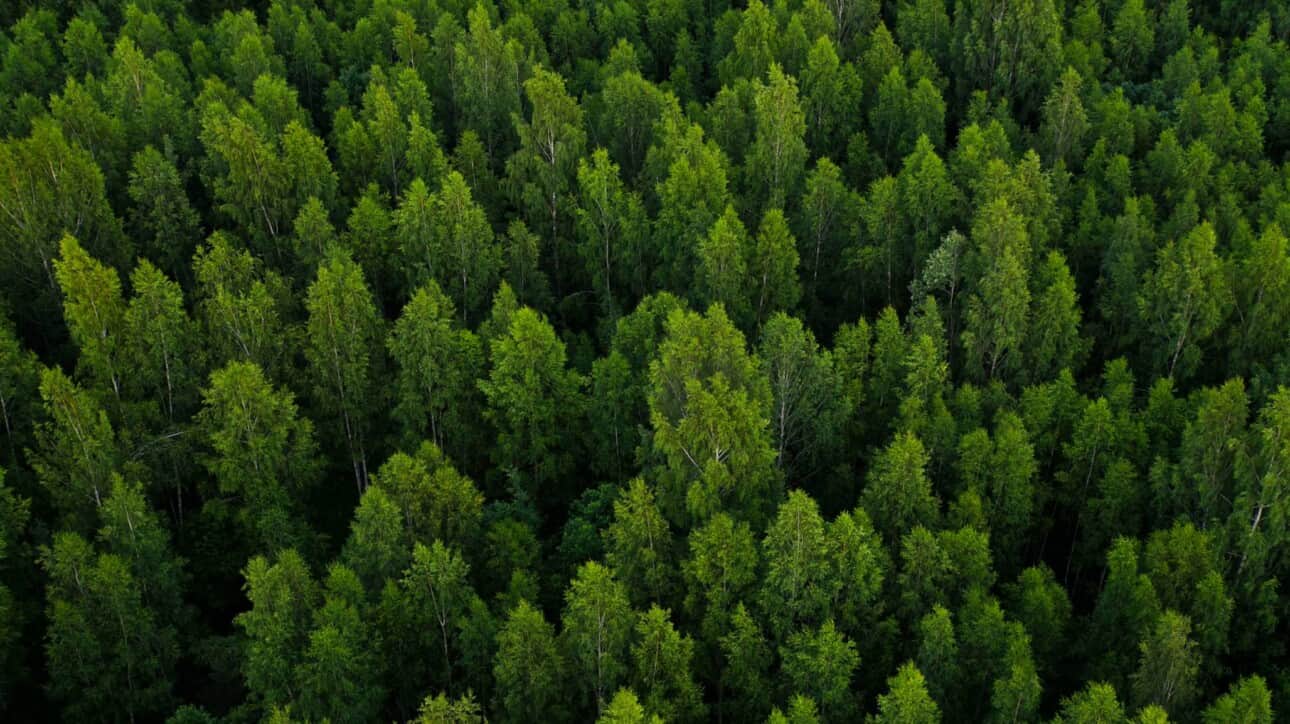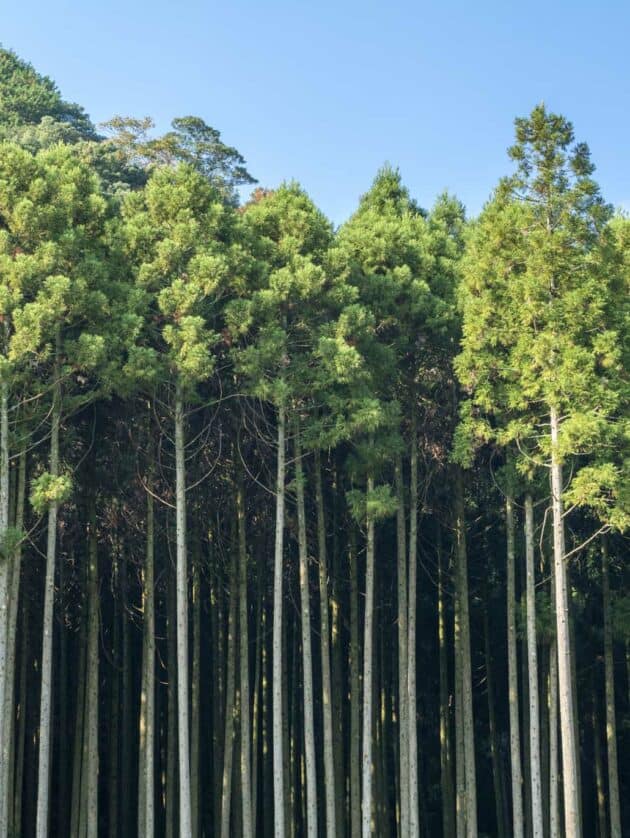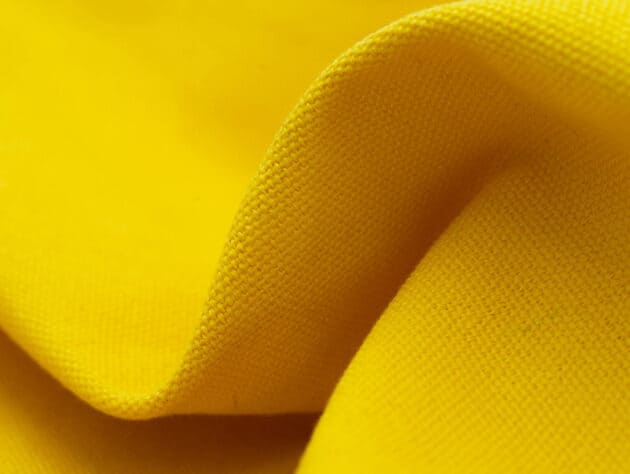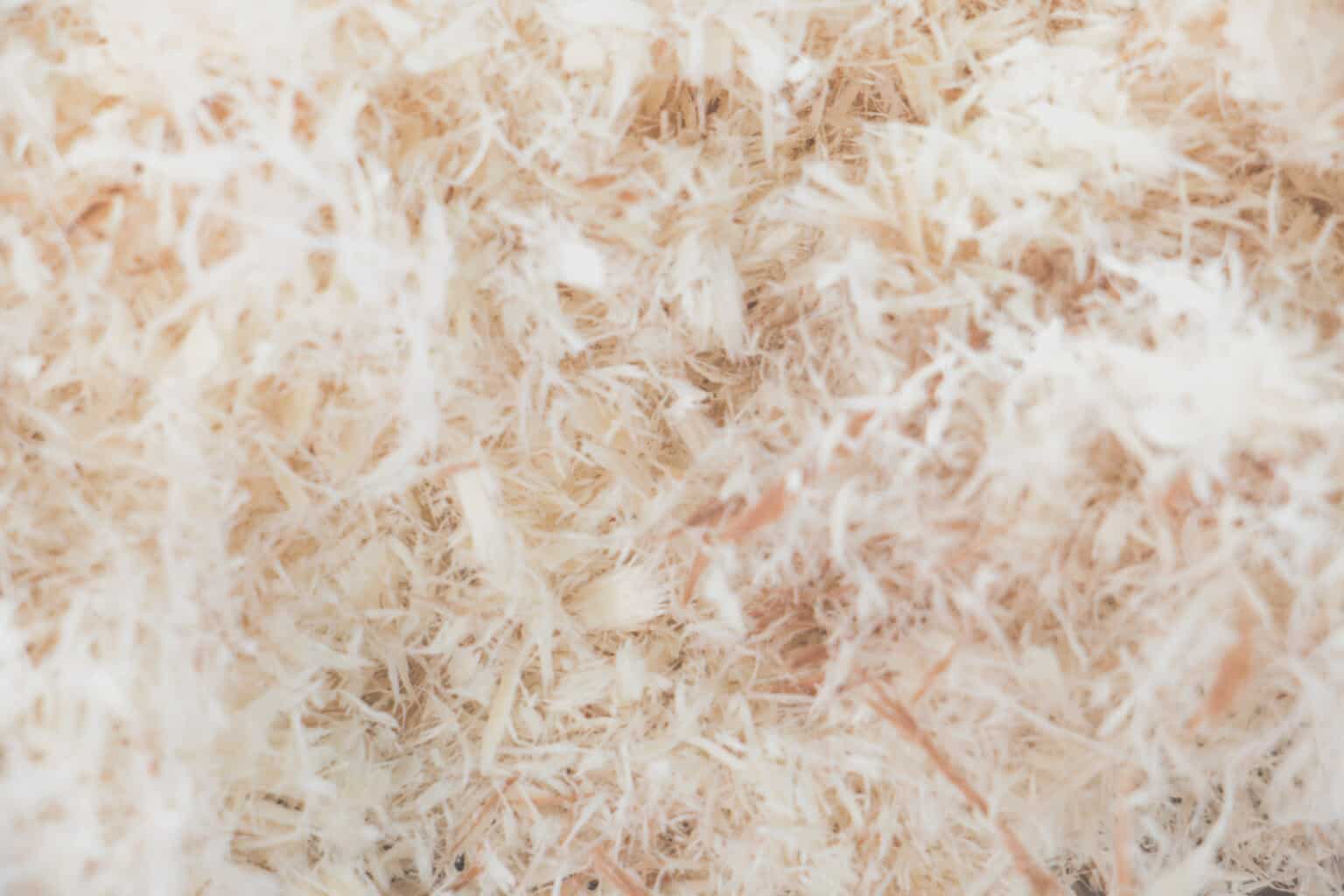The MMCF Round Table is helping manmade cellulosic fibers fulfill their sustainability potential.

About
Manmade cellulosic materials like viscose, modal, and lyocell have the potential to be climate-friendly. The MMCF Round Table exists to advance more sustainable options, such as those that are made from recycled sources or grown using regenerative production practices. Our aim is to ensure this material category contributes to our Climate+ goals of bringing beneficial outcomes for climate, soil health, water, and biodiversity.
Goals
We’re making sure the MMCF value chain respects the lands and hands that sustain it.

SCOPE
Our focus extends from feedstock to fiber.
The MMCF Round Table focuses on fibers including viscose rayon, modal, lyocell, acetate, triacetate, and cupro. We cover the start of the supply chain, from producing feedstocks to processing them into fibers.


Learn more
Find out more about manmade cellulosics production
Read about the sustainability challenges that come with manmade cellulosics production, the opportunities to overcome them, and the steps you can start taking to reduce your impact.